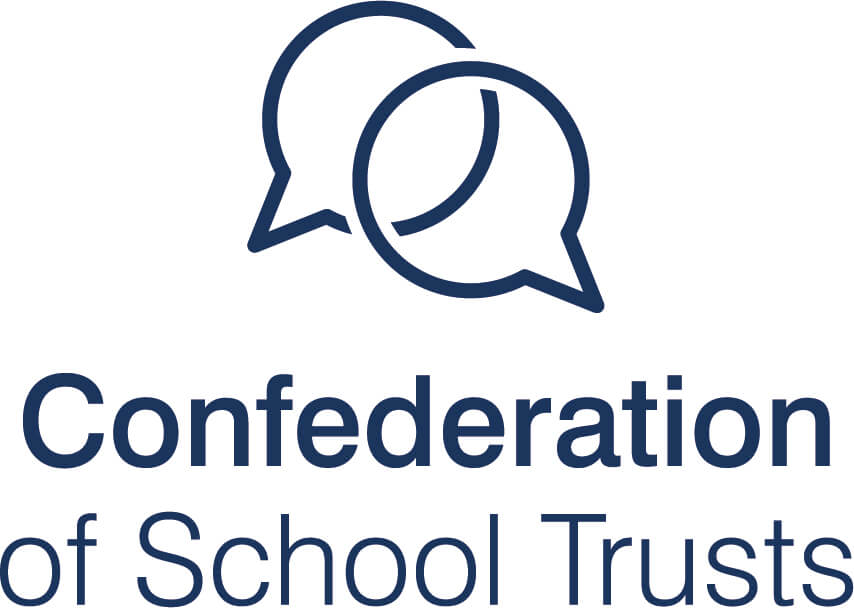Staying Safe Online
Online Safety: A Guide for Parents
Welcome to Zetland Primary School’s Online Safety page for parents and carers! We believe that ensuring the safety and well-being of our students in the digital world is a shared responsibility between the school and parents. This page aims to provide you with valuable information and resources to help you navigate the online world and keep your children safe.
Introduction to Online Safety
The internet offers incredible opportunities for learning and communication, but it’s essential to be aware of the potential risks. Online safety involves protecting children from harmful content, cyberbullying, and online predators. By working together, we can create a safe digital environment for our children to explore and learn.
Guidelines for Safe Internet Use
- Discuss age-appropriate internet use with your child, considering their maturity and understanding.
- Set clear guidelines regarding screen time limits and which websites or apps are suitable for their age.
- Familiarise yourself with the age restrictions and content ratings of websites, games, and apps your child engages with.
Establishing Open Communication
- Create an environment of trust and open communication, encouraging your child to talk about their online experiences.
- Listen attentively and avoid judgment when discussing their online activities or any concerns they may have.
- Assure your child that they can approach you with any issues or incidents they encounter online without fear of punishment.
Setting Parental Controls and Privacy Settings
- Learn how to utilise parental controls and privacy settings on devices, web browsers, and online platforms.
- These controls can help restrict access to inappropriate content, filter search results, and ensure your child’s privacy and online safety.
Cyberbullying and Online Harassment
- Educate yourself about cyberbullying and online harassment, including recognizing the signs and symptoms.
- Monitor your child’s online interactions and behaviour, and encourage them to report any incidents to you or a trusted adult.
- Teach your child strategies to respond to and report cyberbullying incidents.
Digital Citizenship
- Instil values of responsible digital citizenship in your child, emphasising the importance of kindness, respect, and empathy online.
- Teach them to think critically about online content, question sources, and consider the potential consequences of their online actions.
Online Content and Media Literacy
- Help your child develop critical thinking skills to evaluate and navigate online content.
- Recommend educational websites and resources that provide reliable and age-appropriate content.
Online Gaming and Social Media
- Guide your child on safe and responsible use of online gaming platforms and social media networks.
- Encourage them to maintain privacy settings, use strong and unique passwords, and be mindful of what they share online.
- Monitor their online activities, including friends, followers, and the content they engage with.
Reporting and Seeking Support
- Familiarise yourself with the reporting procedures within the school and relevant online platforms for incidents or concerns.
- Ensure your child knows they can come to you or a trusted adult for support and guidance.
- Be aware of where to find the helpline numbers and resources specialising in online safety and child protection.







